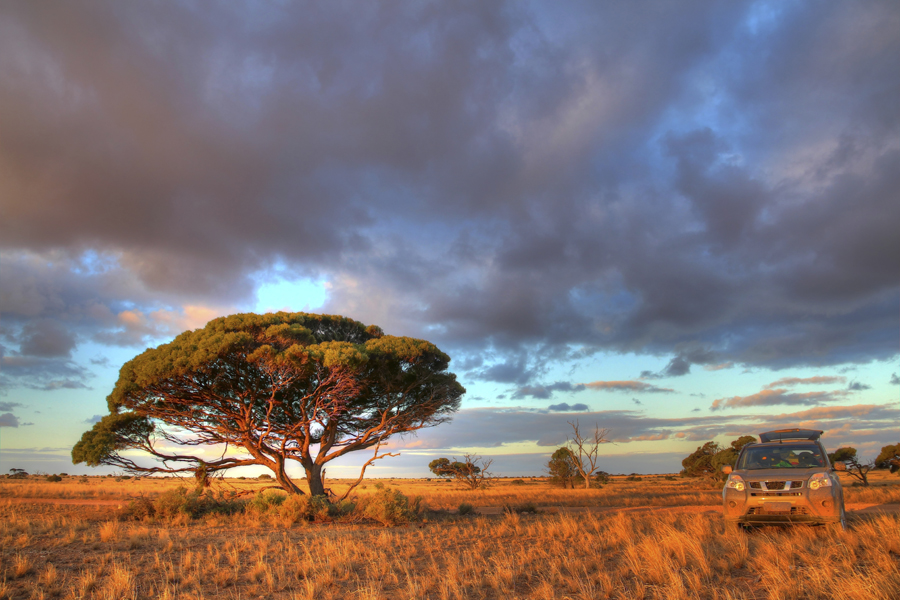Australia's true mineral wealth is yet to be discovered, hidden deep beneath a thick cover of unconsolidated rock and soil, sediments and igneous rocks which have been laid down over hundreds of millions of years.

To unlock new mineral discoveries we will need to explore deeper under cover.
From the toothpaste we use to brush our teeth in the morning to the smartphones we rely on ‘for everything’, our dependence on minerals has become interwoven into the very fabric of our modern daily lives.
Our country and our economy has prospered from the mineral commodities we use at home and export abroad. Yet after 150 years of mining, most of Australia’s easily mineable mineral deposits have been discovered near the surface. The greatest proportion of our true mineral wealth is yet to be discovered, hidden beneath a thick cover of unconsolidated rock and soil, sediments and igneous rocks which have been laid down over hundreds of millions of years.
The next frontier for greenfield explorers lies in locating these deep ore bodies; a challenge which requires new technologies, skills and knowledge to make such endeavours cost-effective and profitable.
We are part of UNCOVER, the largest geoscience initiative in 100 years involving government, research and industry which aims to increase the success rate of deep mineral exploration beneath cover in Australia. Our work is striving to ‘see’ through the cover for clues to where deep mineral deposits are located. We are leading work to understand ‘distal footprints’ – chemical and magnetic signatures left by minerals – and developing tools that can point to prospective orebodies that lie far below the surface.
In our latest edition of resourceful we examine the concerted effort between the research sector, industry and government to develop new cost-effective and reliable tools to unlock Australia’s hidden mineral potential and secure the future of Australian mining.
Learn more about our mineral resources work and subscribe to resourceful.


30th March 2016 at 1:31 pm
After writing the above, I found a partial answer in https://blog.csiro.au/living-in-a-material-world/. Does the left hand in CSIRO know what the right one is doing or is it having an each-way bet on repealing the laws of thermodynamics?
30th March 2016 at 1:19 pm
I tend to agree with Karis about land and water impacts but further to that, deep mining is energy intensive with long investment timescales, expanding and prolonging the already unsustainable burden of greenhouse gas emissions required for digging access shafts and drives, extraction, refining, smelting and processing the materials produced. The current progression of materials through mining, manufacturing, consumption, use and disposal appears to collide with global attempts to meet or better the COP21 goals for limiting climate change.
CSIRO should critically evaluate the apparent unsustainability of that material lifecycle. Unless all its inputs and outputs can be shown to be safely manageable over and beyond the lifetime of proposed deep mines, CSIRO should work instead on energy-efficient recycling techniques for key industrial materials, particularly in the predictably crucial fields of renewable energy (eg. PV panels and batteries), electronics (including semiconductor materials), construction materials (especially concrete) and transport (especially rubber tyres, rare earth magnets in electric motors and again, batteries).
22nd March 2016 at 3:48 pm
Poison more land and water- what progress
28th April 2017 at 3:52 pm
Murray,
I don’t necessarily think it is a case of the left hand not knowing what the right hand is doing but different arms of CSIRO work on different problems and the expertise required for the recycling problem is different from that of exploring for new mineral deposits. in that context “deep” is a relative term. Perhaps deeper may be more accurate. Even with increased recycling there is always likely to be some need for new resources and in the future easily accessible resources are less likely to be near surface.